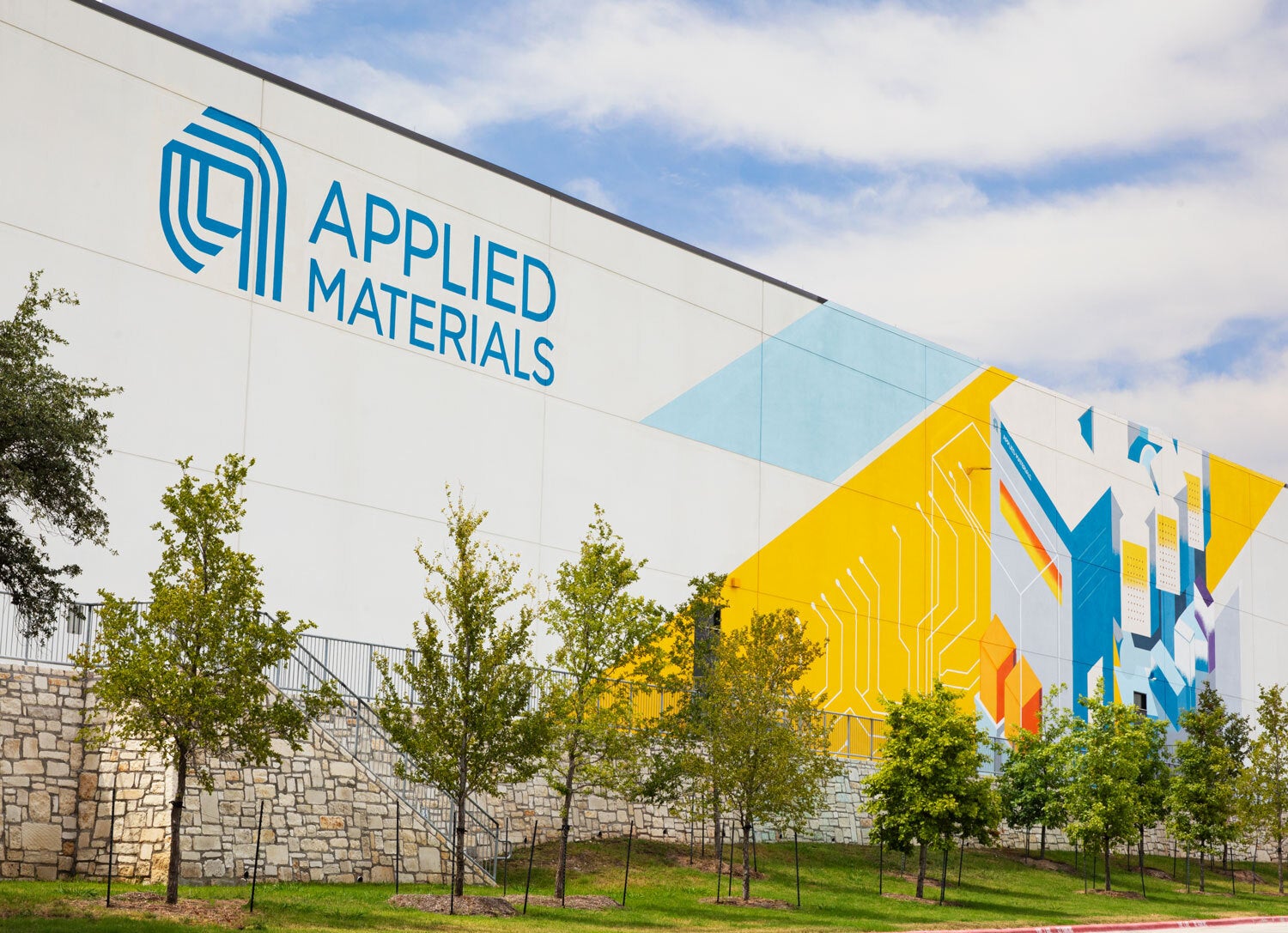U.S. widens Applied Materials probe as it looks into chip manufacturing gear sold to China's SMIC

According to Reuters, the U.S. Commerce Department is widening its investigation against Applied Materials, the largest U.S. company involved in the creation of equipment and software used in the fabrication of semiconductor chips. The company said that it received a subpoena from the Commerce Department in May. Back in February, the Securities and Exchange Commission (SEC) and the U.S. Attorney’s Office for the District of Massachusetts issued subpoenas to the company.
A previous subpoena from the Commerce Department that Applied Materials received in November 2023 revealed what the investigation is about. That subpoena was "requesting information relating to certain China customer shipments."
The investigation claims that Applied Materials was able to avoid U.S. export restrictions on cutting-edge chip manufacturing equipment and shipped such gear to SMIC, China's largest foundry. Applied Materials also ships chip-making equipment to the world's top two leading foundries, TSMC, and Samsung Foundry. Despite this, 43% of its revenue came from China in Q2.
Last August, Huawei shocked U.S. officials by introducing the Mate 60 line powered by a new 7nm Kirin 9000s 5G. Even though the chip was two generations behind the 3nm A17 Pro used to power the iPhone 15 Pro series, it was the first 5G application processor to power a Huawei phone since the Kirin 9000 5G chipset was used inside 2020's Mate 40 series.

SMIC reportedly bought equipment made by Applied Materials before the U.S. sanctions to help SMIC make the Kirin 9000s 5G
In 2020, the U.S. changed its export rules to prevent foundries that use American tech to produce chips from shipping cutting-edge silicon to Huawei. After the Mate 40 line, Huawei used Snapdragon chips tweaked not to work with 5G signals to power the P50 line, the Mate 50 line, and the P60 series. Qualcomm was able to receive an export license from the Commerce Department to ship those chips to Huawei but the U.S. has recently pulled those licenses with no plans to reinstate them.
Despite not being able to procure an extreme ultraviolet lithography machine needed to etch circuitry patterns on silicon wafers for 5nm chips, there is speculation that SMIC is developing a 5nm AP for Huawei that it will deliver later this year, possibly for the Mate 70 series.
Reports earlier this year said that SMIC was able to build a 5G chip for Huawei last year thanks to equipment purchased from U.S. firms Applied Materials and Lam Research before the U.S. sanctions took effect after 2020. The U.S. Commerce Department has been working hard to find out how SMIC was able to supply Huawei with 5G chips.
Back in November, sources told Reuters that the Justice Department was investigating the shipment of millions of dollars of equipment by Applied Materials to South Korea without an export license. But the U.S. believes that these shipments ended up going from Applied Material's plant in Gloucester, Massachusetts, to a subsidiary in South Korea, and then to SMIC in China.










Things that are NOT allowed: